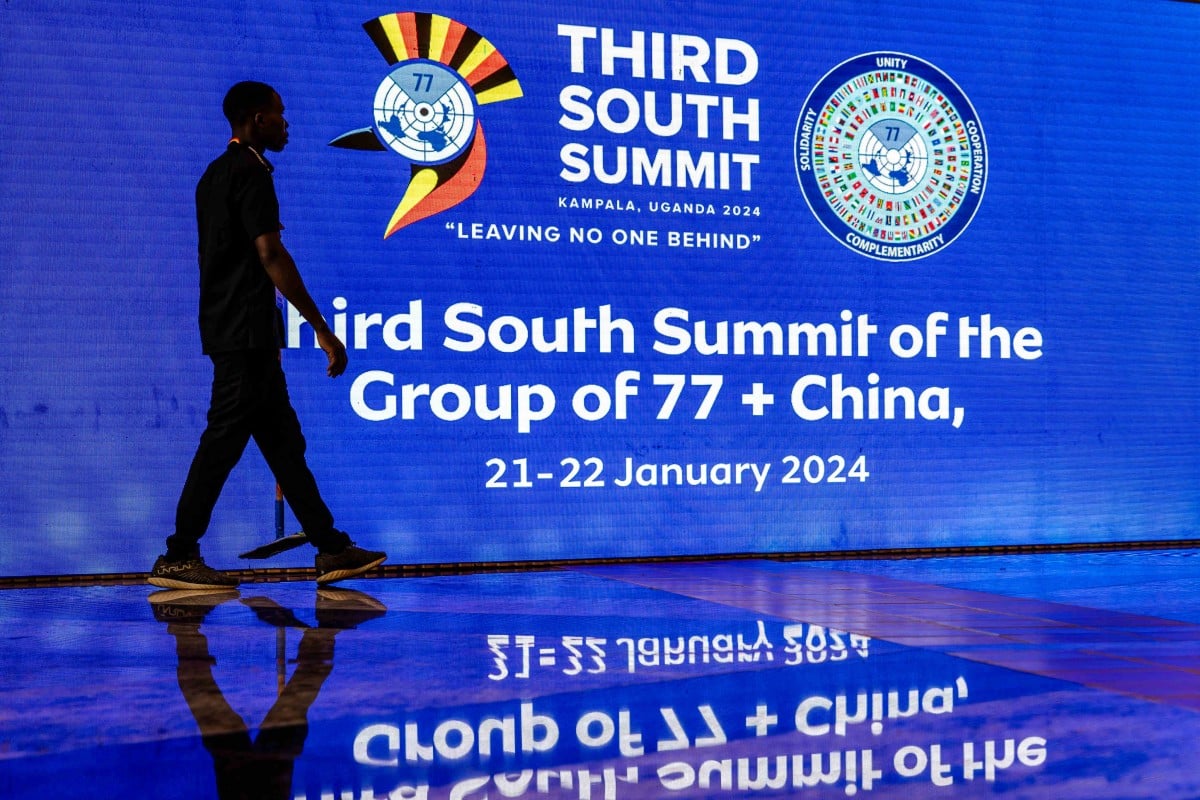
Zhao Minghao, Professor, Institute of International Studies at Fudan University, and China Forum Expert
Aug 05, 2024
But developing nations don’t want to become pawns in a geopolitical power game. They call for the rejection of a new cold war and have been trying to ensure that development stays at the top of the global governance agenda.
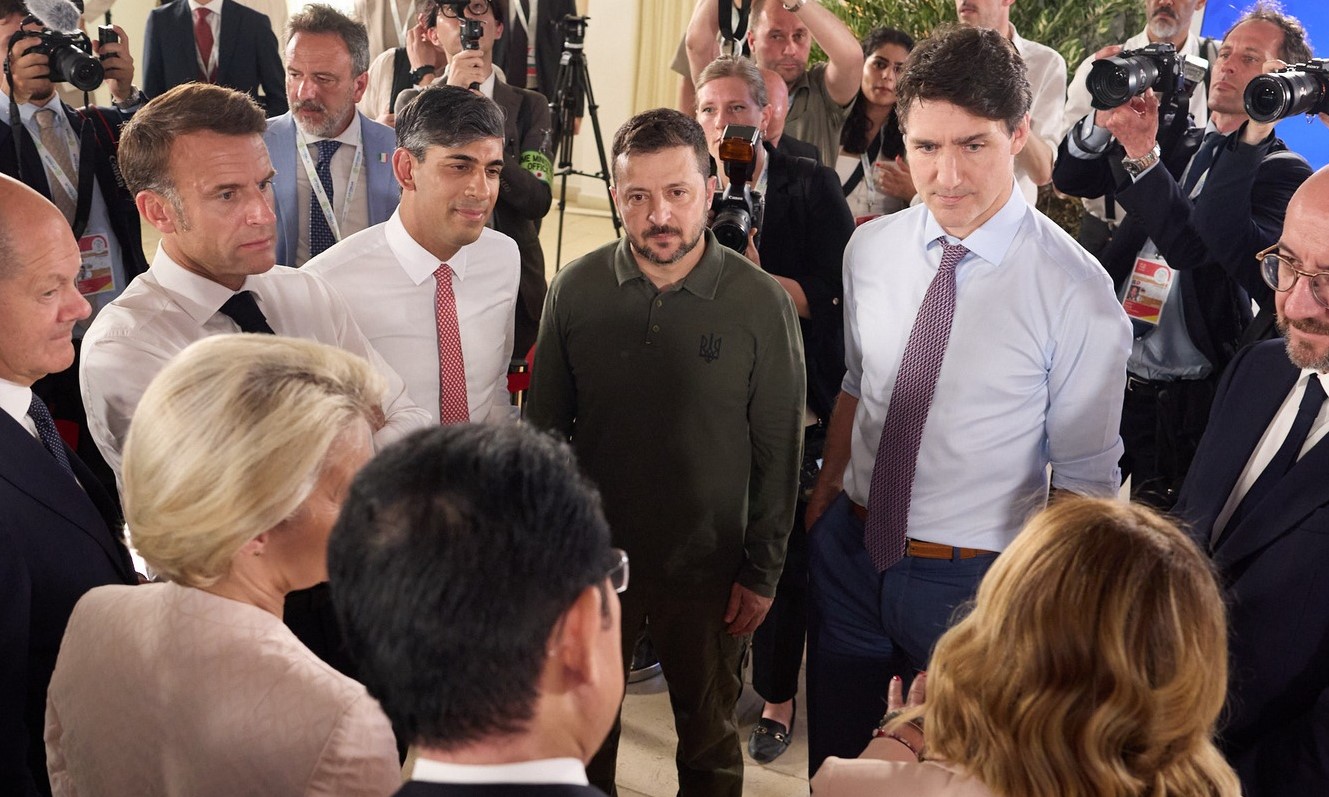
An Gang, Adjunct Fellow, Center for International Security and Strategy, Tsinghua University
Jul 26, 2024
A growing number of voices warn of a coming global conflict of catastrophic proportions. Such messages must be interrupted. The world must not sleepwalk into war. As it moves to the center of the world stage, China not only calls for peace but actively plans it.
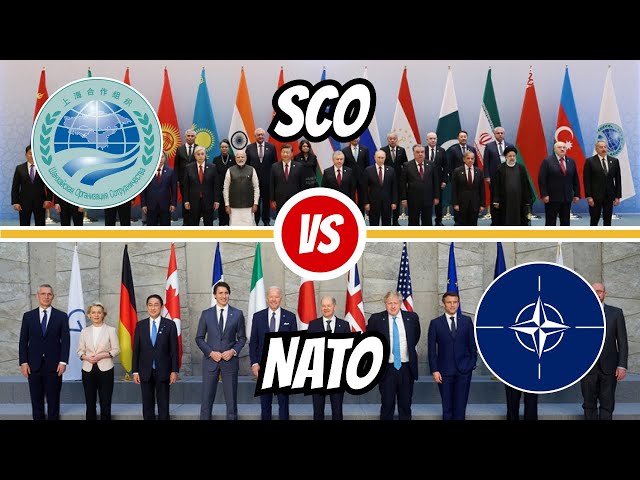
Zhang Yun, Professor, School of International Relations, Nanjing University
Jul 25, 2024
The Shanghai Cooperation Organisation’s principle that economic development and security are inseparable, is far more advanced than NATO’s exclusive security concept and will inevitably become mainstream in the field of international security.
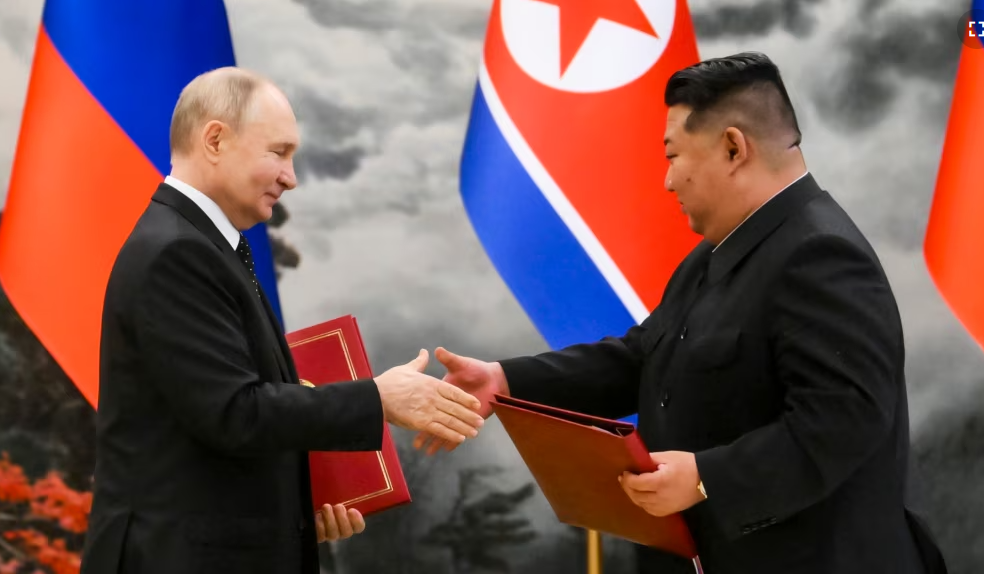
Zhang Yun, Professor, School of International Relations, Nanjing University
Jul 04, 2024
While China and the United States are the most important external stakeholders on the Korean Peninsula, Russia has focused more on its strategic interests in the region out of concern over security issues in Europe. To achieve enduring peace, communication must resume under the multilateral framework of the Six-Party Talks.
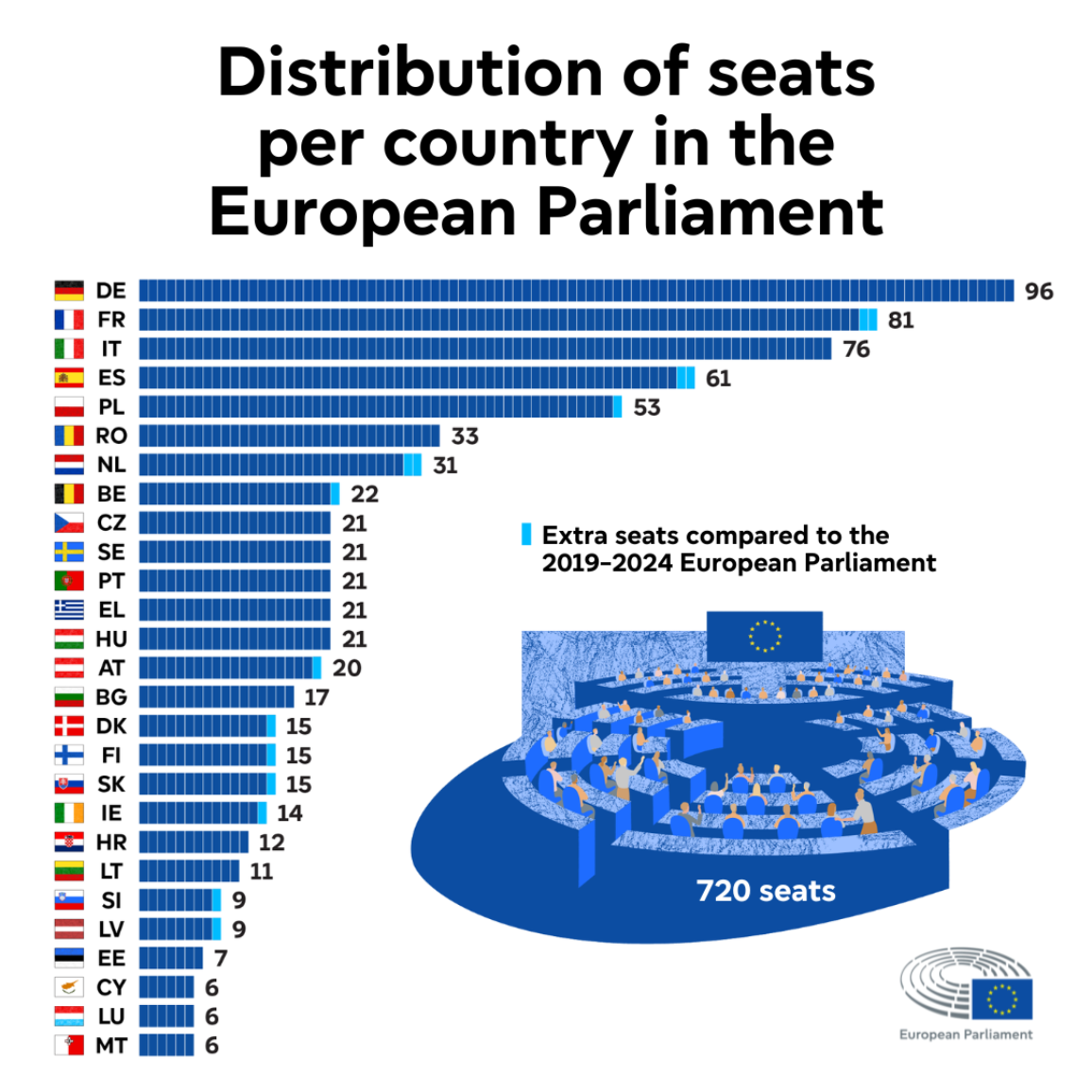
Jade Wong, Senior Fellow, Gordon & Leon Institute
Jul 03, 2024
The transformations spurred by the election are evolutionary rather than revolutionary. This year’s contest was less dramatic than earlier ones and the outcomes were more incremental.

Philip Cunningham, Independent Scholar
Jun 28, 2024
As tensions between China and the U.S. increase amid various global crises, there are worrisome parallels resembling the prelude to World War I. There is a critical need for proactive diplomacy to mitigate escalating tensions and avoid a potential conflict in the near future.
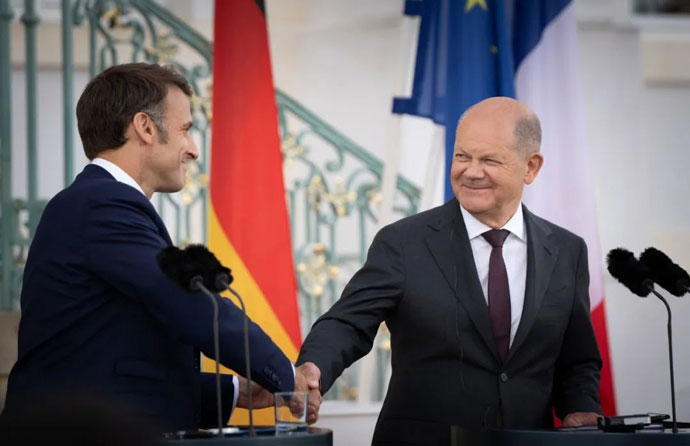
Dong Yifan, Associate Research Fellow, Belt and Road Academy of Beijing Language and Culture University
Jun 20, 2024
The two countries seek to show their commitment to advancing European sovereignty. Unfortunately, the United States will not allow it, as it believes greater autonomy for Europe would diminish NATO’s influence across the continent.
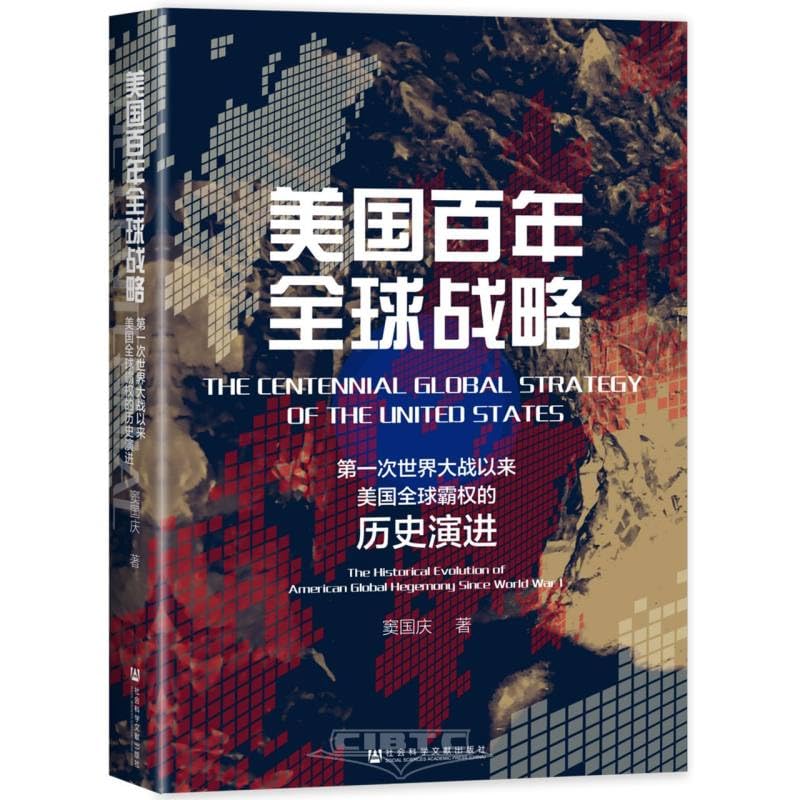
Dou Guoqing, Colonel of the People’s Liberation Army and Postdoctorate Researcher at PLA National Defense University
Jun 18, 2024
The United States has been the biggest beneficiary of changes in the international order over the past century. Four key factors have contributed to its current hegemony.
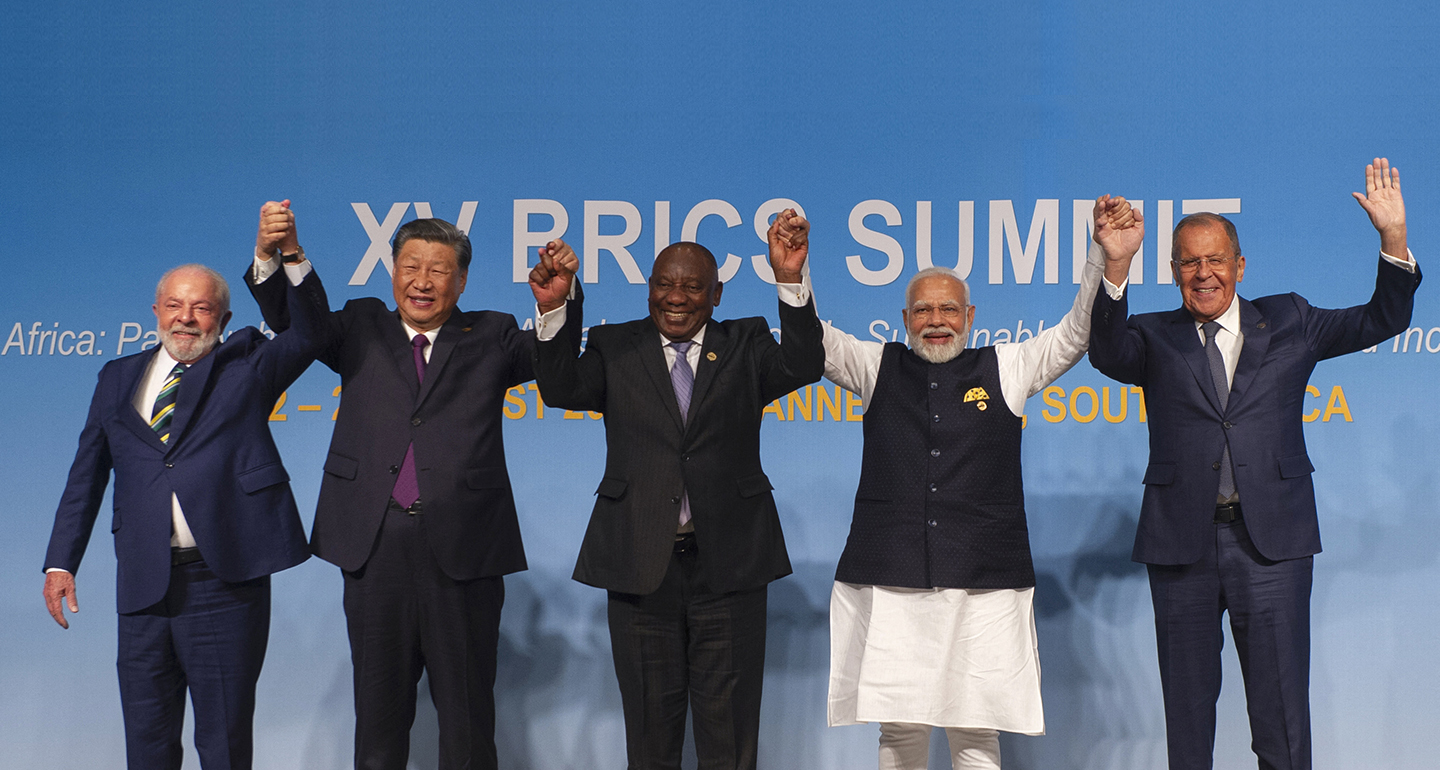
Shou Huisheng, Director, Center for Turkey Studies at Beijing Language and Culture University
Jun 18, 2024
America’s approach has not only cost it the Global South but has also created divisions in the north. The uncertainties are increasing. The United States is, in fact, losing the entire world, which may be the inevitable fate of all empires.
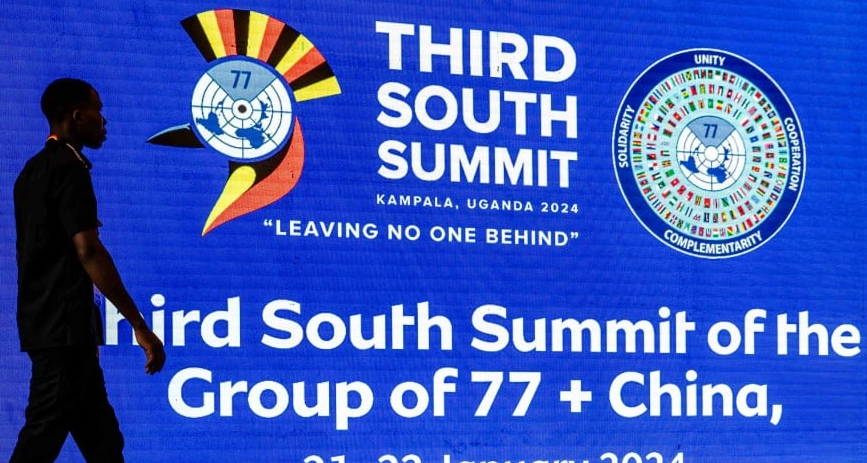
Ananth Krishnan, Director at The Hindu Group, and AsiaGlobal Fellow at University of Hong Kong
Jun 07, 2024
Multipolarity has become a buzzword in global affairs with due credit to countries in the Global South taking strides toward establishing power independent of the U.S. or China. As developing nations demand a bigger share of voice, what challenges will they face?
Back to Top

- China-US Focus builds trust and understanding between the U.S. and China through open dialogue among thought leaders.
- Our Offerings
- Topics
- Videos
- Podcasts
- Columnists
- Research Reports
- Focus Digest
- Stay Connected
-
Thanks for signing up!
- Get the latest stories from China-US Focus weekly.